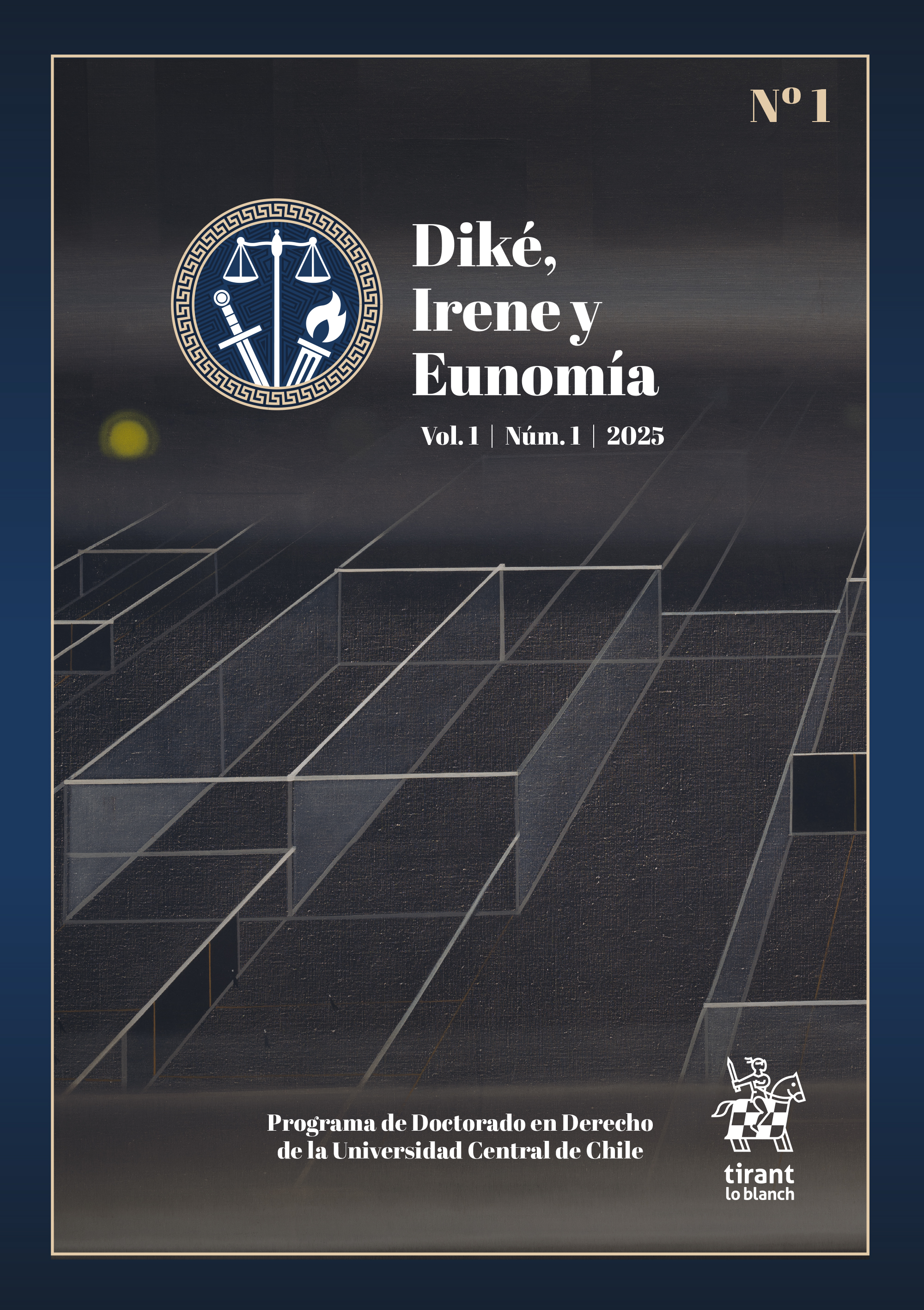Los exámenes genéticos posteriores a la contratación laboral
DOI:
https://doi.org/10.36151/RDIE.2025.1.1.06Palabras clave:
Salud laboral, prevención de riesgos laborales, examen genético, consentimiento, reconocimiento médico, intimidad, protección de datosResumen
Una vez entablada la relación laboral entre el empresario y el trabajador, será necesario llevar a cabo exámenes médicos en aras de garantizar la vigilancia de la salud del trabajador, conforme al art. 14 de la Ley 31/1995, de 8 de noviembre, de Prevención de Riesgos Laborales (en adelante, LPRL). En este momento adquiere especial protagonismo la necesidad de consentimiento por parte del trabajador afectado para poder realizar cualquier reconocimiento médico que puede afectar a derechos fundamentales, como el derecho a decidir, la intimidad o la protección de datos. La exigencia de aquiescencia por parte del trabajador a estar y pasar por una prueba que puede afectar, entre otros derechos fundamentales, a la intimidad, debe hacerse de forma inequívoca, ya que supone una intervención directa en el ámbito estrictamente personal y es preciso garantizar cualquier atisbo de intromisión en esa esfera privativa.
Al mismo tiempo que crea la regla, el art. 22 LPRL establece una serie de excepciones: la primera, establece la obligatoriedad en aquellos casos en los cuales la realización de los reconocimientos sea imprescindible para evaluar los efectos de las condiciones de trabajo sobre los trabajadores; la segunda, tiene como objeto verificar si el estado de salud del trabajador puede constituir un peligro para sí mismo, para los demás trabajadores o para otras personas relacionadas con la empresa; y la tercera, vendrá establecida en la las disposiciones legales. Las excepciones deben de ser interpretadas de forma restrictiva e incluso necesitarán de una mayor concreción por parte del legislador a fin de evitar que la regla general, la voluntariedad, se convierta en excepción.




